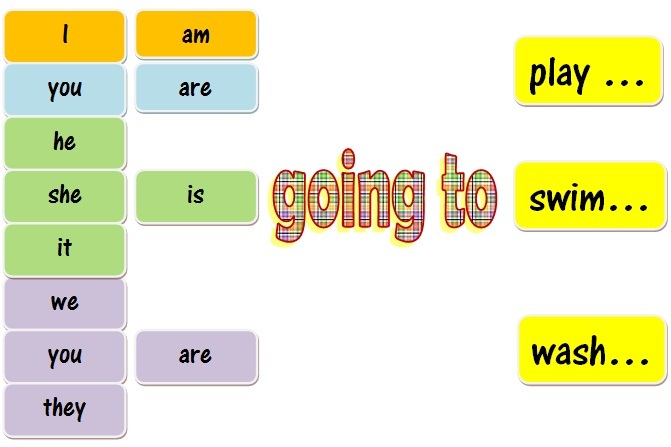Exercícios sobre How Much e How Many
Para revisar este assunto acesse:
1) Escolha a opção correta para completar as frases:How much ou How many.
a) stars are there in the sky?
b) pens do you have?
c) birds are there?
d) money does she have?
e) countries are there in the world?
f) bread is there in the basket?
g) bones are there in the human body?
h) salt is there in the bottle?
i) time do you have?
j) coffee do you drink?







